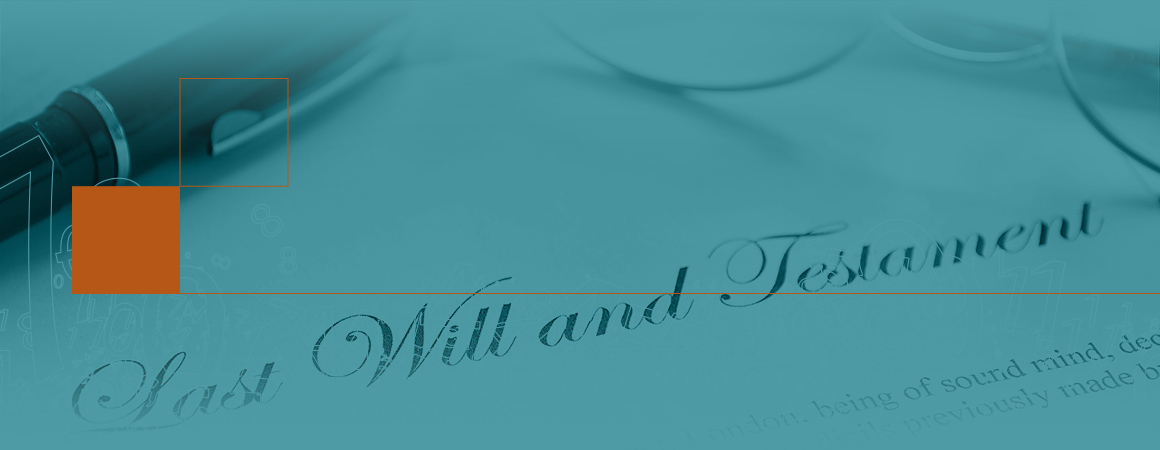
“In this world nothing can be said to be certain except death and taxes”
Benjamin Franklin 1789
The death of a loved one is not something most people like to think about. Dealing initially with the personal loss and then the inevitable estate issues can be a difficult but necessary process. Hopefully, the Deceased will have prepared a Will and nominated an Executor of their Estate which will simplify the process.
Probate will need to be applied for, and once received, the Executor will need to contact and notify the Australian Taxation Office (ATO) of the deceased’s Date of Death. This can be done by completing a paper form and posting the form with a certified copy of the Grant of Probate to the ATO. Alternatively, the ATO can be notified online, followed by an interview at an Australian Post outlet providing the death certificate and supporting documents.
If the Executor has contacted the ATO to appoint a Legal Practitioner or Tax Agent to act on their behalf, they can access information directly from the ATO.
Once the ATO has been notified, a final Tax Return will need to be prepared for the deceased from 1 July in the year of death up to the Date of Death. A ‘deceased estate data package’ can be obtained from the ATO which contains an extract of tax, income and superannuation information to assist in this process.
If the administration of the Deceased Estate is complete in the same income year as the date of death, and;
then no Tax Return is required to be lodged for the ‘Trust’ Estate.
If the administration of the Deceased Estate is not complete in the same income year as the Date of Death, you won’t have to lodge a Trust Tax Return for that income year if the following apply:
If, however, you are required to lodge a Tax Return, you will need to obtain a Tax File Number (TFN) for the Deceased’s Estate from the ATO. Once you have the TFN, you will need to determine whether there is any tax payable and also who pays the tax.
Once all tax obligations have been met and the net income of the Estate has been fully distributed to the beneficiaries, the Estate is finalised. The last thing anybody wants is to have to deal with the tax office after the death of a loved one, and unfortunately on occasion, the administration of a Deceased Estate may drag on for years. As such we recommend seeking professional Legal and Tax advice to assist with the prompt resolution of Estate Returns.

Written for you by Stephen Imms
The information contained on this website and in this article is general in nature and does not take into account your personal situation. You should consider whether the information is appropriate to your needs, and where appropriate, seek professional advice from a financial adviser. Taxation, legal and other matters referred to on this website and in this article are of a general nature only and are based on our interpretation of laws existing at the time and should not be relied upon in place of appropriate professional advice. Those laws may change from time to time.
View Comments